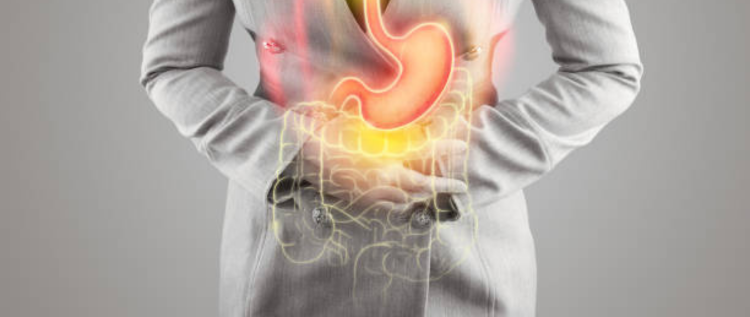
Reflux esophagitis, also known as gastroesophageal reflux disease (GERD) or simply acid reflux, is a common digestive disorder characterized by the inflammation of the esophagus due to the backward flow of stomach acid and sometimes bile into the esophagus.
Causes of Reflux Esophagitis
The main cause of reflux esophagitis is the weakening of the lower esophageal sphincter (LES), a ring of muscle that normally prevents stomach acid from flowing back into the esophagus. Factors that contribute to this condition include:
-
Hiatal Hernia: A condition where part of the stomach pushes up through the diaphragm, weakening the LES.
-
Dietary Factors: Consuming large meals, spicy foods, fatty foods, caffeine, or alcohol can trigger reflux.
-
Obesity: Excess weight can put pressure on the abdomen and LES, promoting reflux.
-
Pregnancy: Hormonal changes and pressure on the abdomen can lead to reflux symptoms in pregnant women.
-
Smoking: Tobacco use can weaken the LES and increase stomach acid production.
Symptoms of Reflux Esophagitis
Symptoms of reflux esophagitis can vary from person to person but often include:
-
Heartburn: A burning sensation in the chest that may worsen after eating, lying down, or bending over.
-
Regurgitation: Sour or bitter-tasting acid backing up into the throat or mouth.
-
Difficulty Swallowing: Known as dysphagia, especially if the esophagus becomes narrowed due to inflammation.
-
Chest Pain: Discomfort or pain that may mimic heart pain (angina).
Diagnosis and Treatment
Diagnosing reflux esophagitis typically involves a combination of medical history, physical examination, and diagnostic tests, which may include:
-
Endoscopy: A procedure where a flexible tube with a camera is inserted into the esophagus to examine the lining and take biopsies if needed.
-
Esophageal pH Monitoring: A test to measure the amount of acid in the esophagus over a 24-hour period.
-
Barium Swallow: X-ray imaging using barium contrast to visualize the esophagus and stomach.
Treatment options for reflux esophagitis aim to alleviate symptoms, heal the esophagus, and prevent complications. They may include:
-
Lifestyle Changes: Avoiding trigger foods, eating smaller meals, quitting smoking, and maintaining a healthy weight.
-
Medications: Over-the-counter antacids, H2 blockers, or proton pump inhibitors (PPIs) to reduce acid production and relieve symptoms.
-
Surgery: In severe cases or if medications are ineffective, surgical procedures like fundoplication may be considered to strengthen the LES.
Prevention and Outlook
Preventing reflux esophagitis involves adopting lifestyle changes to minimize reflux episodes, such as avoiding trigger foods, eating smaller meals, and maintaining a healthy weight. If left untreated, chronic reflux can lead to complications such as esophageal ulcers, strictures (narrowing of the esophagus), or Barrett’s esophagus (a precancerous condition).
Conclusion
Reflux esophagitis is a manageable condition with appropriate diagnosis and treatment. Early intervention can help alleviate symptoms, heal esophageal inflammation, and prevent complications. For personalized care and expert guidance on managing reflux esophagitis, consult with a healthcare professional like Dr. Ashish Kumar Jha, who specializes in gastroenterology and can provide comprehensive evaluation and treatment options tailored to your specific needs.
